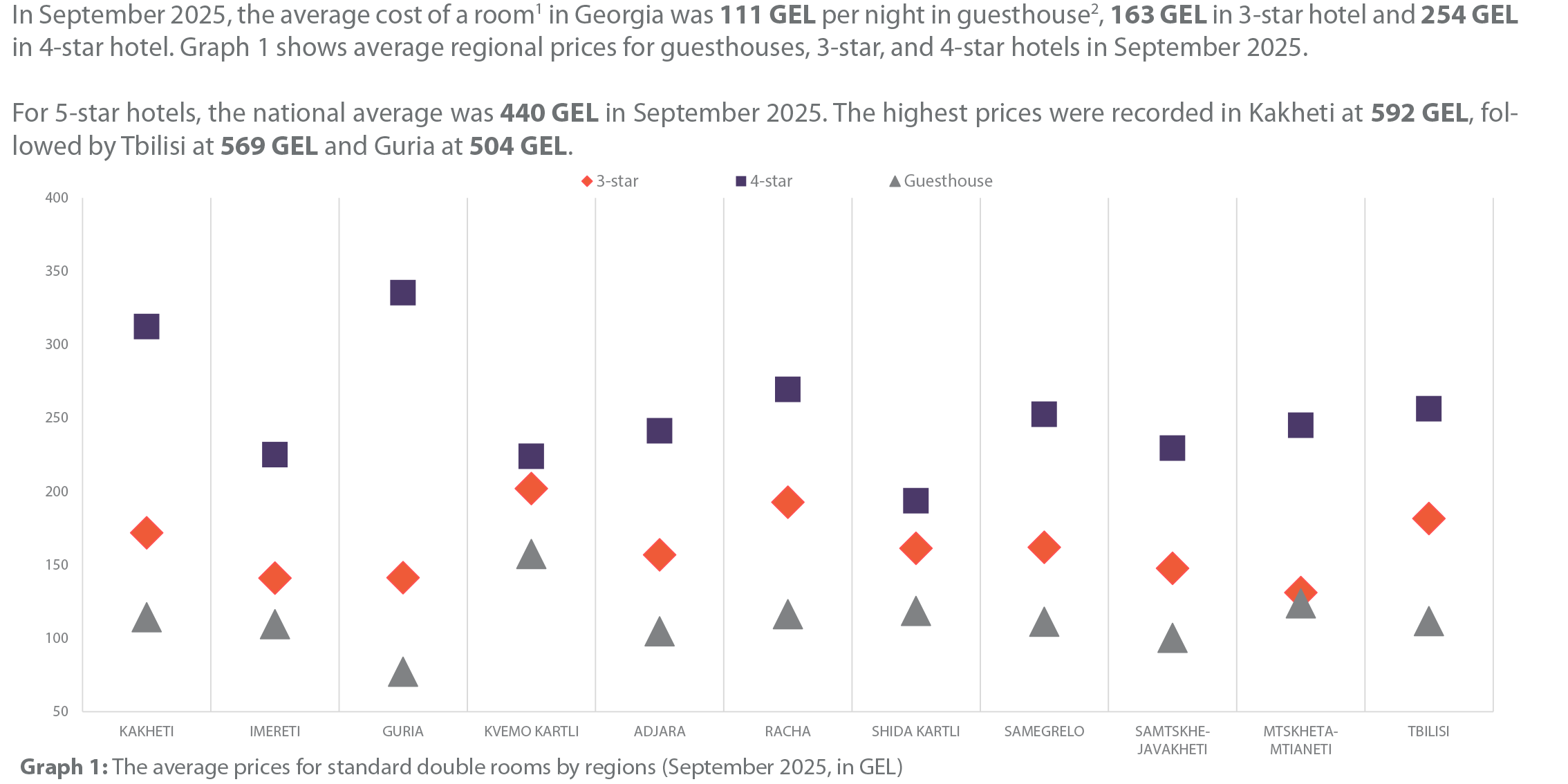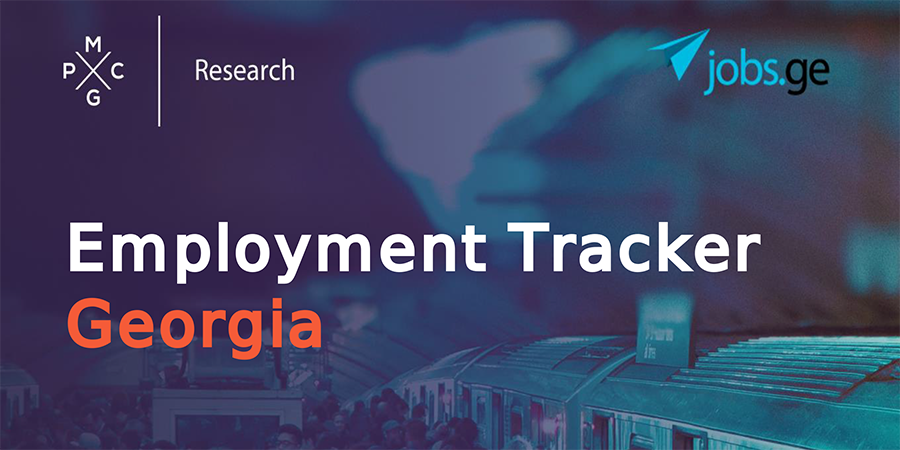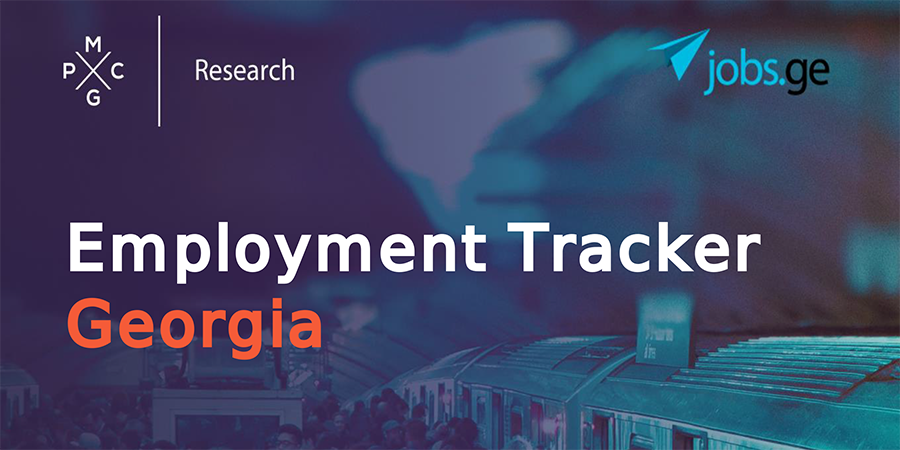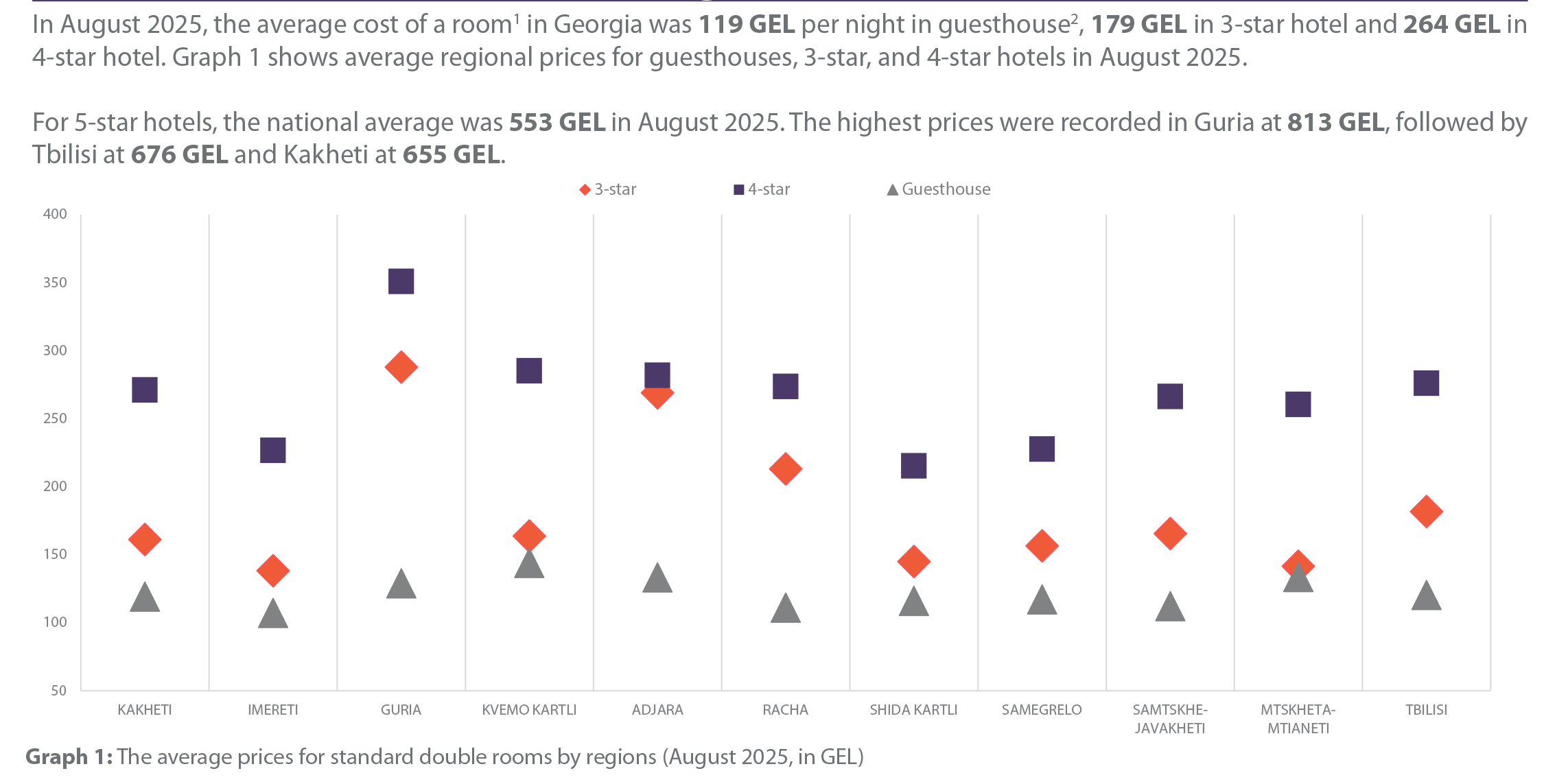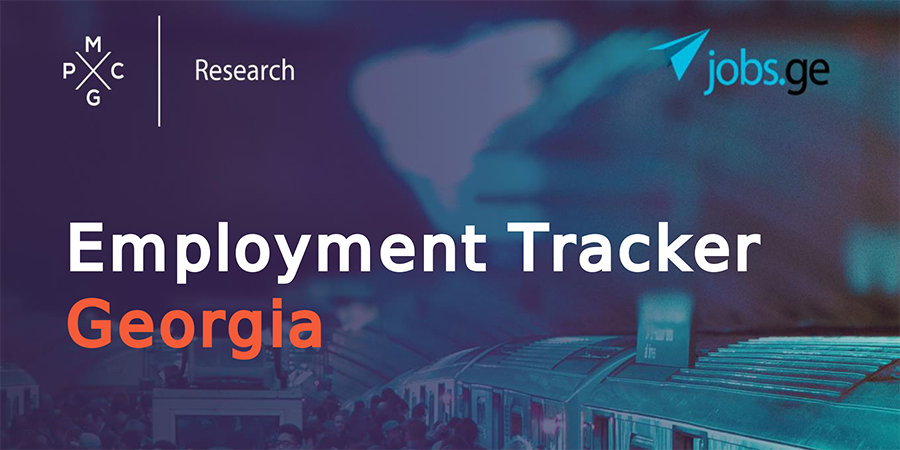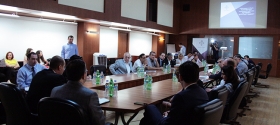
Press Release: Possible Consequences of Georgia-China Free Trade Agreement
Jul, 2015
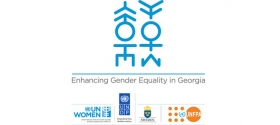
Gender Equality – A Wise and Worthwhile Business Approach
Jul, 2015
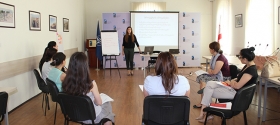
Tbilisi City Hall Improves HR Management System
Jul, 2015

Supporting Civil Service Bureau to Enhance Service for Citizens
Jul, 2015
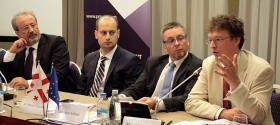
Supporting Georgia and Moldova Effectively Manage EU Integration Process
Jul, 2015
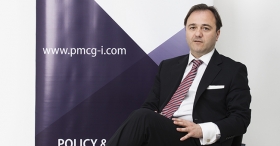
PMCG’s Aleksi Aleksishvili Participates in IMF Caucasus and Central Asia Advisory Group Meeting
Jul, 2015

Possible Outcomes of Potential Georgia-China Free Trade Agreement
Jun, 2015
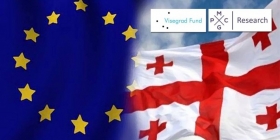
Media Announcement: Knowledge Sharing Event to Facilitate EU Integration for Georgia and Moldova
Jun, 2015

Developing Waste Management Systems in Kakheti and Samgerelo-Zemo Svaneti Regions
Jun, 2015
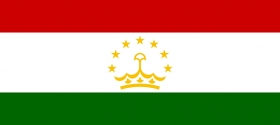
PMCG Launches HR Management Project for Tajik Ministry
Jun, 2015










